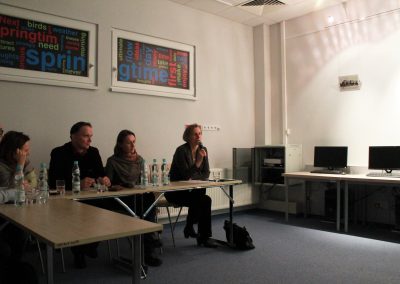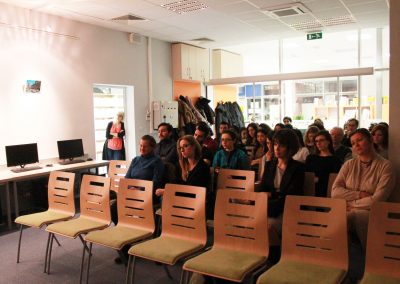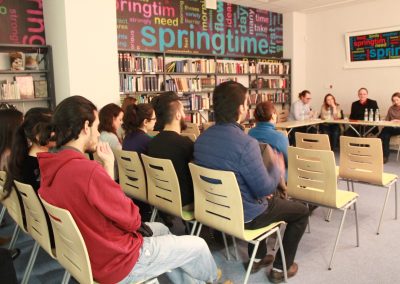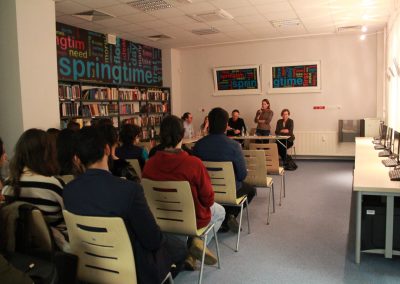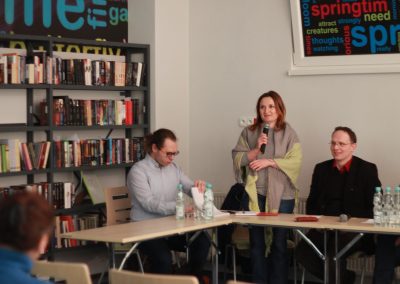On Wednesday we met in the Municipal Library Fil. 4 to participate in the debate entitled Gender ideology(ies): Man and woman – different by nature, inequal by society? We tried to find the answer to this question with our four guests: sociologists Borys Cymbrowski and Anna Czerner, philologist Katarzyna Molek-Kozakowska and biologist Elżbieta Pogoda.
We were aware that for most people the term gender is unfamiliar or even unfriendly, especially when someone is not a philologist or a social researcher, so we started with the basic questions: what gender is, how it exists in our respective fields of studies, and if there exists gender ideology. We can say that gender in general is about social consequences of being men, women or the others, because in the opinion of Elżbieta Pogoda even from a biological point of view there are more than only two sexes. And there is no evidence that one sex has an advantage over another.
In Polish media we encounter some false beliefs about the meaning of the word “gender”. But as Borys Cymbrowski mentioned it is a problem of confusion of nature with culture, because in the Polish language we have only one word (płeć) for gender and for sex. So some commentators confuse biological meaning with the cultural one. They accuse gender scholars of promoting a dangerous ideology which tries to convince people to choose their sex. As Anna Czerner said, the truth is that in the social sciences gender was a neutral category to analyse the relations between people in society, but unfortunately some institutions and politicians took one of the least popular topics in gender studies and used it as a basis to create and apply gender ideology as a political tool.
After that we focused mostly on language aspects within gender issues. Katarzyna Molek-Kozakowska indicated that for her it was easier to introduce herself in English than in Polish, because in Polish most names of academic professions have only a masculine gender, or even if it has a female gender, masculine forms sound more serious and more prestigious. But language is not a constant phenomenon – it is changing all the time. Twenty years ago we considered some female forms of words as strange, but today we take them for granted. We concluded that it is important to include more women-related forms to language, and it is one of the main catalysts of social changes in the public sphere.
We are really glad we could discuss it with you and with the citizens of Opole. We would like to thank you all for your presence and participation, and we hope to see you soon during another discussion. The aim of the whole debate was to clarify a little the problem of gender, but two hours is a short time when you are discussing such an important and complicated topic – so we treat this meeting only as a start. The debate is still open.
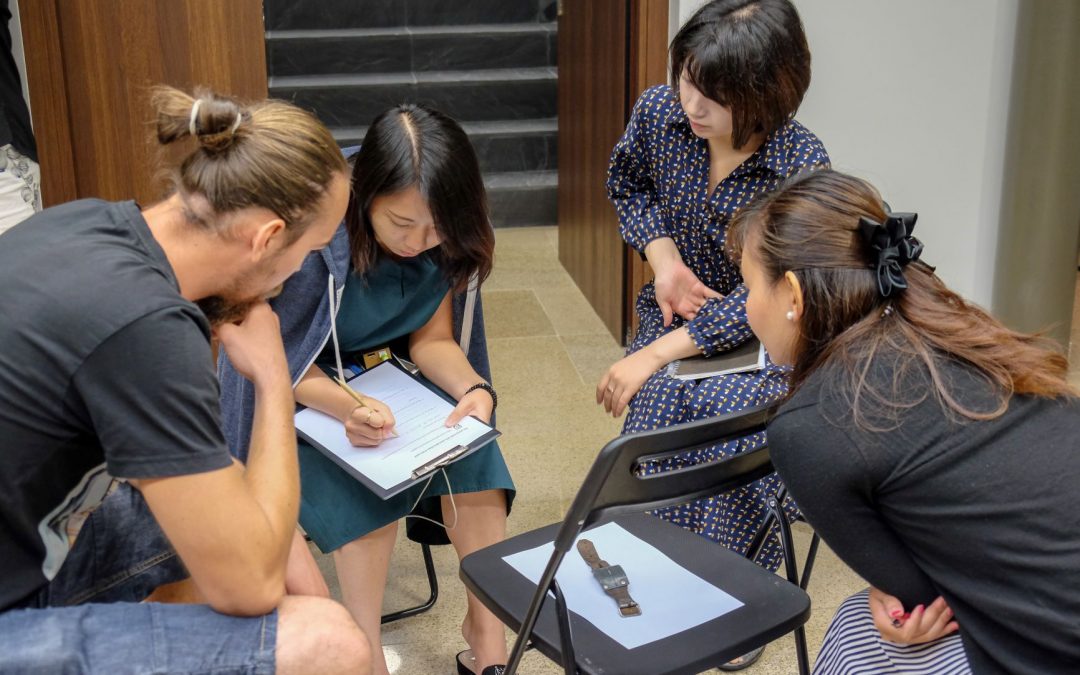
Write for Rights
On Dec 5 (12pm-3pm) on the Faculty of Law and Administration in room 1.11 will be held a letter-writing campaign with Amnesty International. The main aim of this event is to mobilize people around the world to stand up against human rights violations. We invite...

CHRISTMAS CAROLS
Dear Students! Christmas is getting closer every day, and what better way to feel the air of festivity than through carols? We invite you all to the Christmas carols concert on December 2, at 5 pm in the University of Opole Museum (Collegium Maius). Artists: Beata...
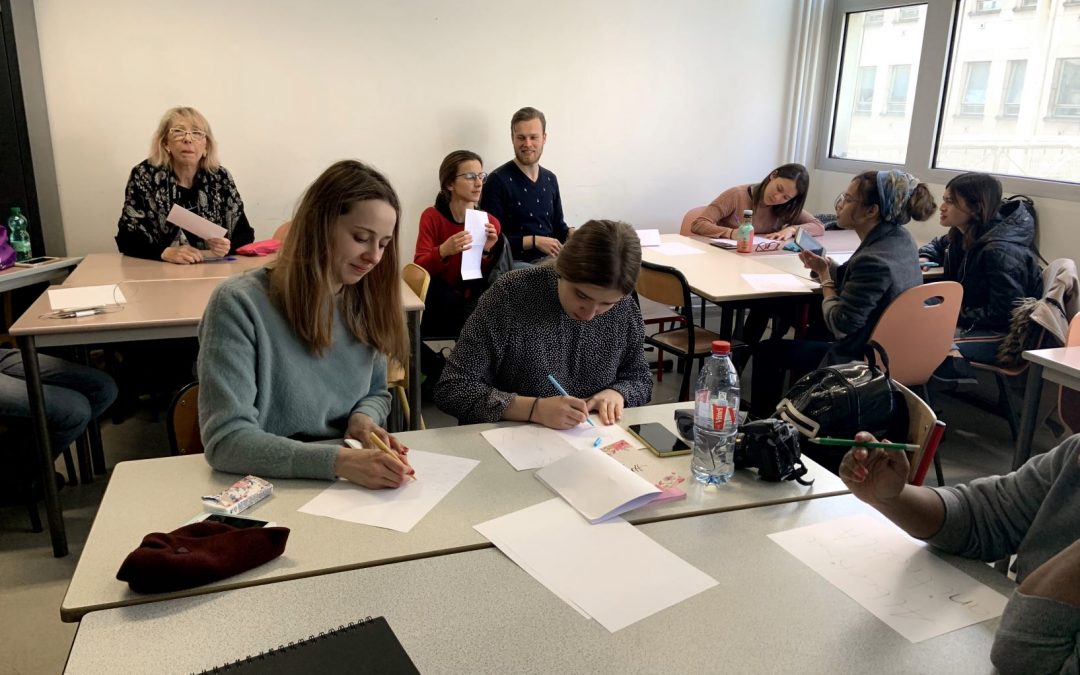
VARIABLE COURSE
DEAR STUDENTS Next Monday, the 2nd of December, at 8:30 a.m., a registration for the summer semester variable course will open. As usual, we advise you to go to USOSweb and look through the courses in advance, because you will have to fish them out from the list where...
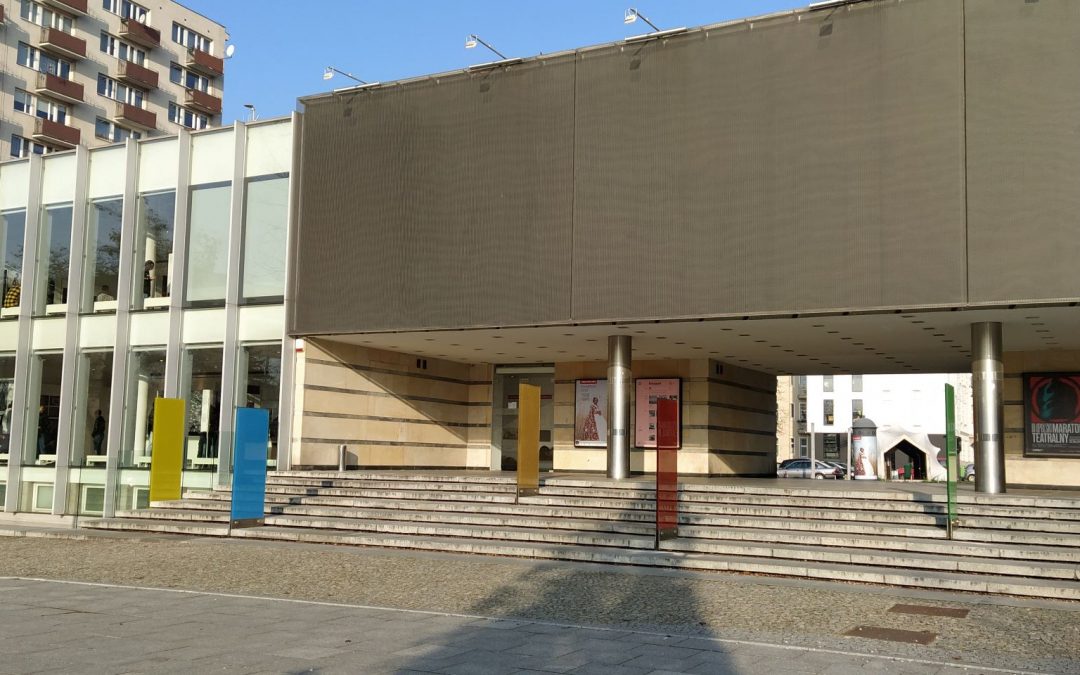
World Press Photo 2019
World Press Photo Exhibition 2019 “Visit the World Press Photo Exhibition 2019 on its world-wide tour showcasing the stories that matter with photography from the 62nd annual World Press Photo contest.The winners were chosen by an independent jury that reviewed more...
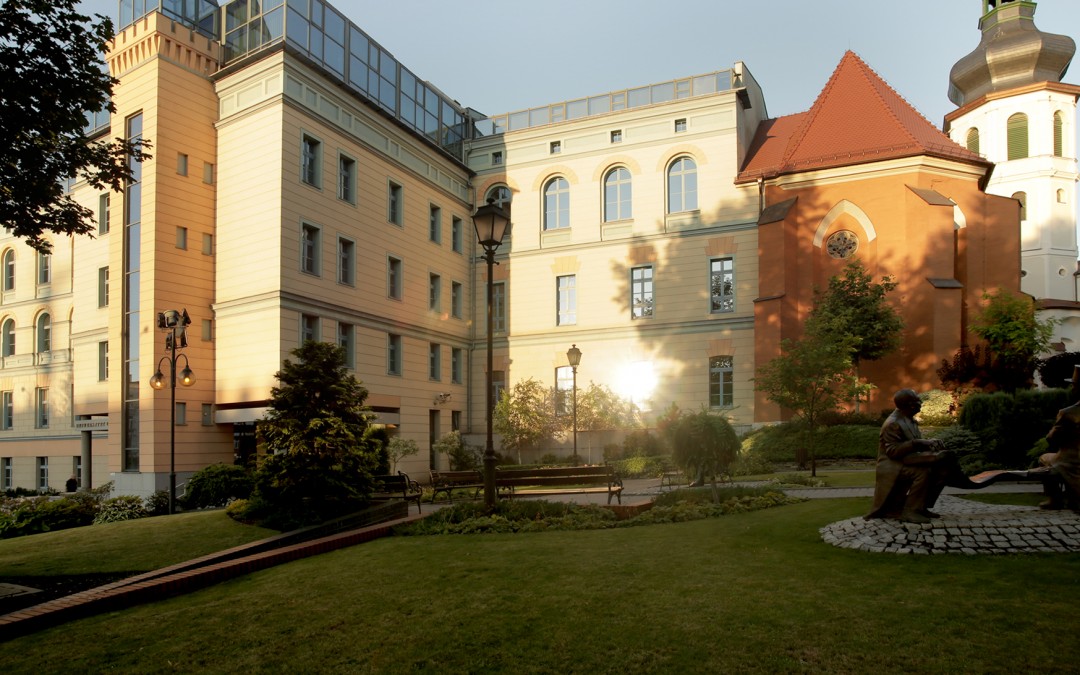
Work &Travel USA meeting
Work and Travel USA and CAMP USA programmes The Best Way - Work &Travel USA and Science Club of the UK&USA Admirers at the University of Opole invite you all to an informational meeting about the Work and Travel USA and CAMP USA programmes. There will also be...
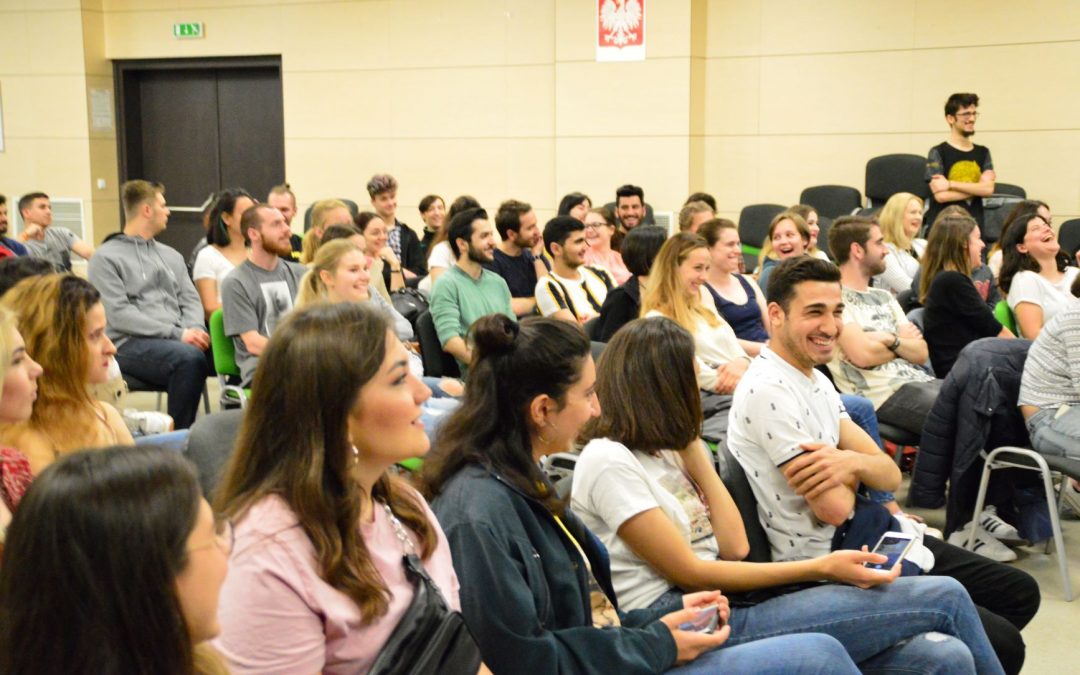
Campaign 16 Days of Activism against Gender-Based Violence
graphic: IMDb.com Plenipotentiary for Equal Rights at Opole University invites all students to the event within Campaign 16 Days of Activism against Gender-Based Violence.27 Nov, 4:00 p.m.room 330, Collegium Civitas Workshops will be based on the film and participants...
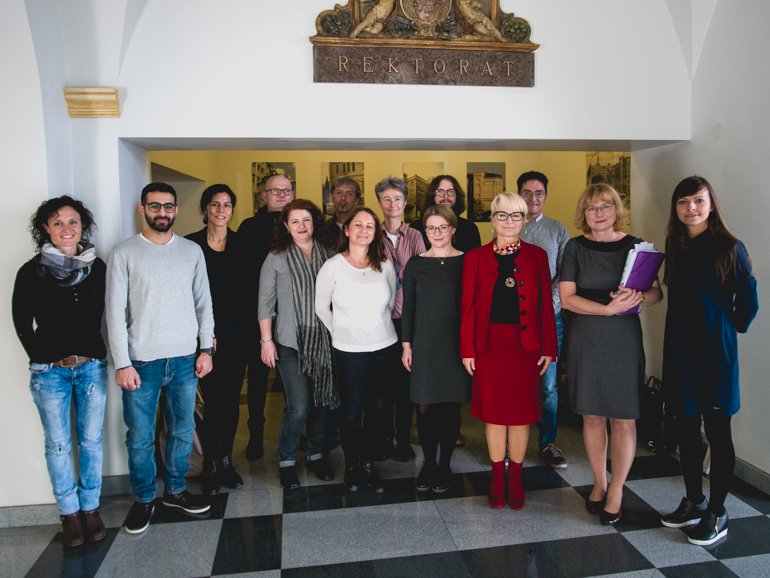
Language learning in inclusive education – kick-off meeting
On 4-5 Nov 2019 the University of Opole hosted a “kick-off-meeting” of an european project “Technologically enhanced online opportunities for language learning in inclusive education”. The project is carried out within the framework of the Strategic Partnership...
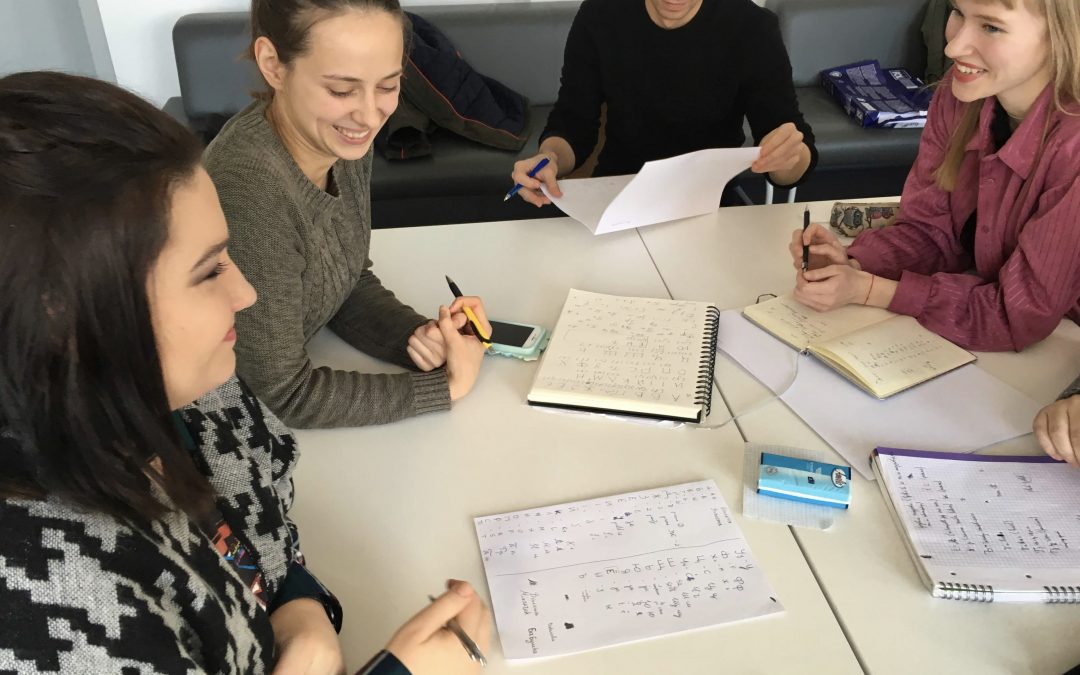
CAE EXAM IN ROOM 301
ATTENTION! CAE EXAM will take place in AULA BŁĘKITNA (room 301) in Collegium Maius and not in 206. The time of the exam sessions stays unchanged: SESSION 1 - 12:00, SESSION II - 4:00 P.M. All participants are asked to bring a pencil and a pen. SEE YOU NEXT WEEK! More...
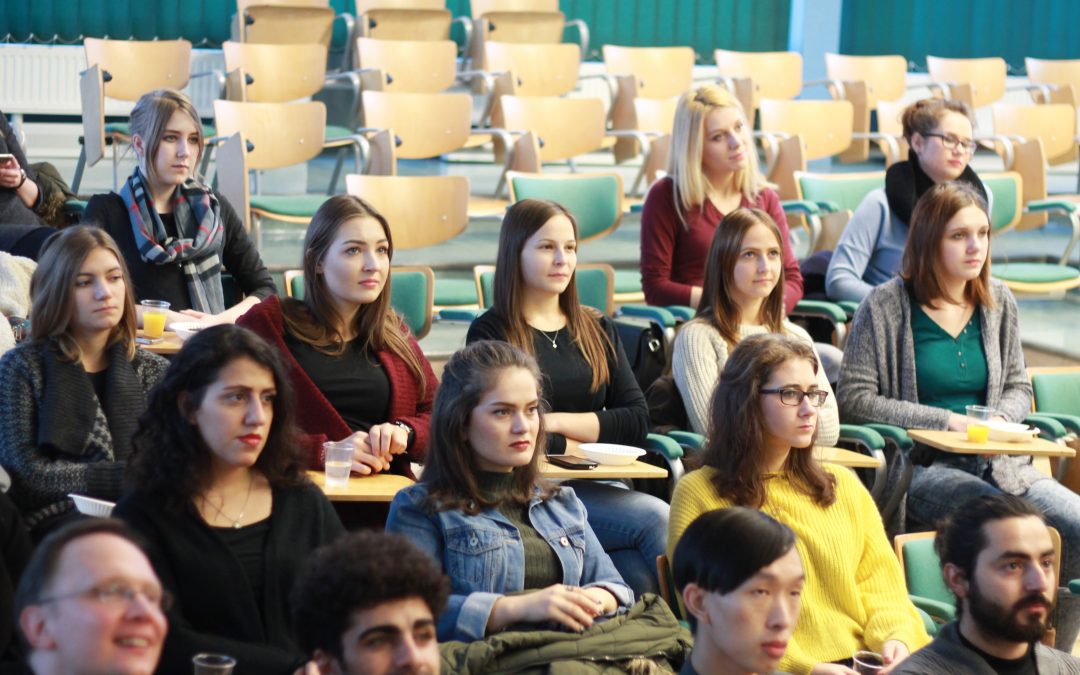
Region on the move
We invite you to a talk by dr. Agnes Eross of the Geographical Institute Research Centre for Astronomy and Earth Sciences, Hungary. Dr. Eross is currently a visiting professor to the Department of Sociology, where she teaches a class in the Intercultural Communication...
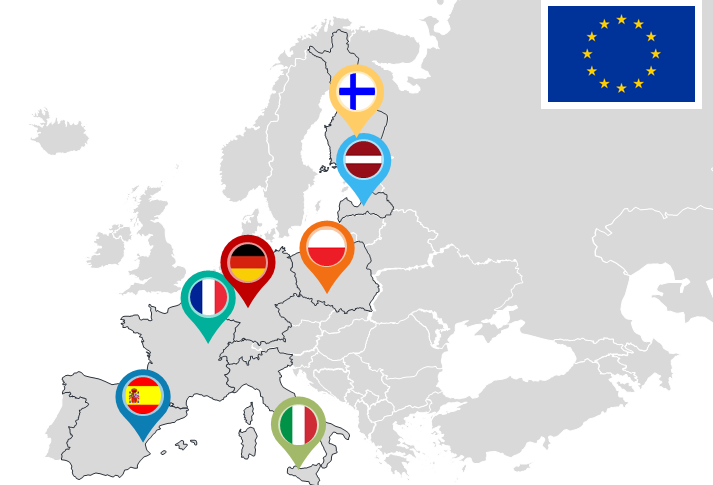
Konkurs na organizację wydarzenia studenckiego w ramach FORTHEM
Zachęcamy do zaoferowania swojego pomysłu na 5-dniowe wydarzenie adresowane do studentów konsorcjum w ramach projektu FORTHEM. Zgodnie z założeniami konsorcjum oferty mogą być przygotowane przez pracowników uniwersytetu partnerskiego FORTHEM bądź stowarzyszenie...
